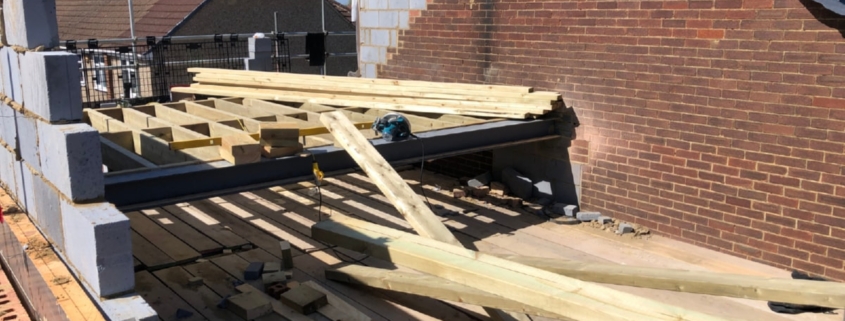Exploring the Need for Diversity in the Construction Industry 7808
In the modern era, eco-friendliness has become a central focus in the world of construction. With increasing awareness about climate change and environmental degradation, more and more people are looking to build homes that are not only comfortable and aesthetically pleasing, but also kind to the planet. Here are five essential pieces of advice for building a green home.
1. **Energy Efficiency**: One of the key aspects of a eco-friendly home is its energy efficiency. This could be achieved through various means, such as installing energy-efficient appliances, using LED lights, and ensuring proper insulation. Additionally, consider integrating renewable energy sources like solar panels or wind turbines. This not only reduces your carbon footprint but can also save you money in the long run on utility bills.
2. **Saving Water**: Another important factor to consider when developing a eco-friendly home is water conservation. This can be accomplished by installing low-flow fixtures, rainwater harvesting systems, or greywater recycling systems. These strategies not only conserve water but also help reduce your water bills.
3. **Green Construction Materials**: The use of eco-friendly materials is another significant way to build a eco-friendly home. Opt for materials that are locally sourced, recycled, or sustainably harvested. Additionally, materials like bamboo or cork are renewable resources that make excellent alternatives to traditional building materials.
4. **Maximizing Sunlight**: Making the most of natural light in your home is a simple yet effective way to save on energy costs and create a warm, inviting atmosphere. Incorporate large windows, skylights, or solar tubes to flood your home with daylight. Also, consider the orientation of your home to maximize sunlight during winter and minimize it during summer.
5. **Outdoor Spaces**: Lastly, don’t forget about your outdoor spaces. Planting native trees and plants can provide shade and help reduce energy costs. Moreover, consider creating a vegetable garden or composting area to reduce waste and create a sustainable food source.
Remember, developing a sustainable home is not only about reducing your environmental impact or saving money. It’s also about creating a healthy, comfortable living space that you and your family can enjoy for years to come. By following these tips, you can create a home that is as beautiful as it is eco-friendly.
For more details, check best Chimney Services Dublin or visit their Chimney Repairs Service business listing here.



